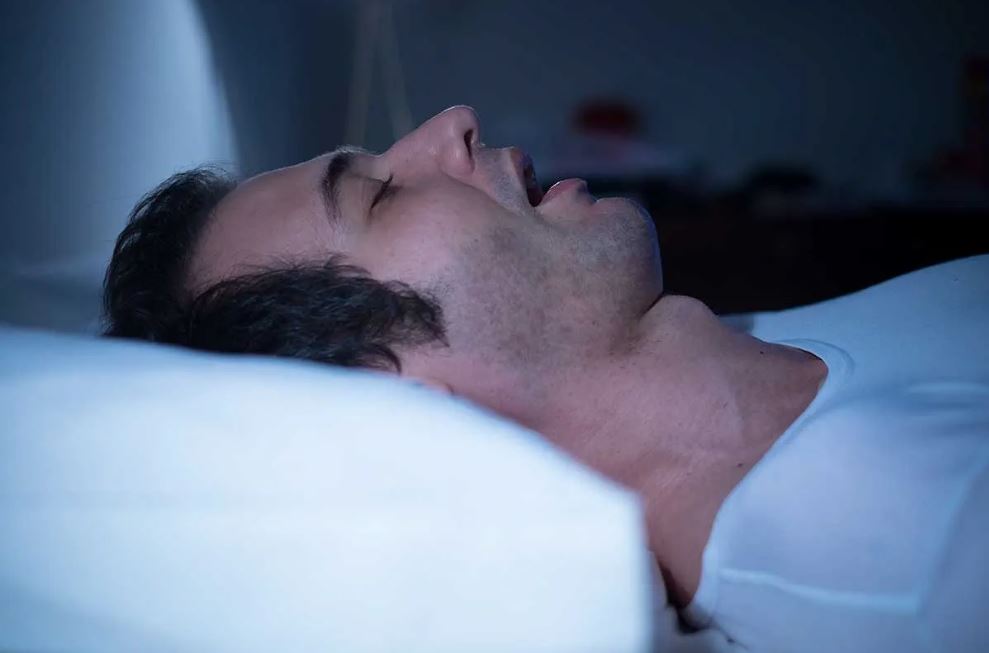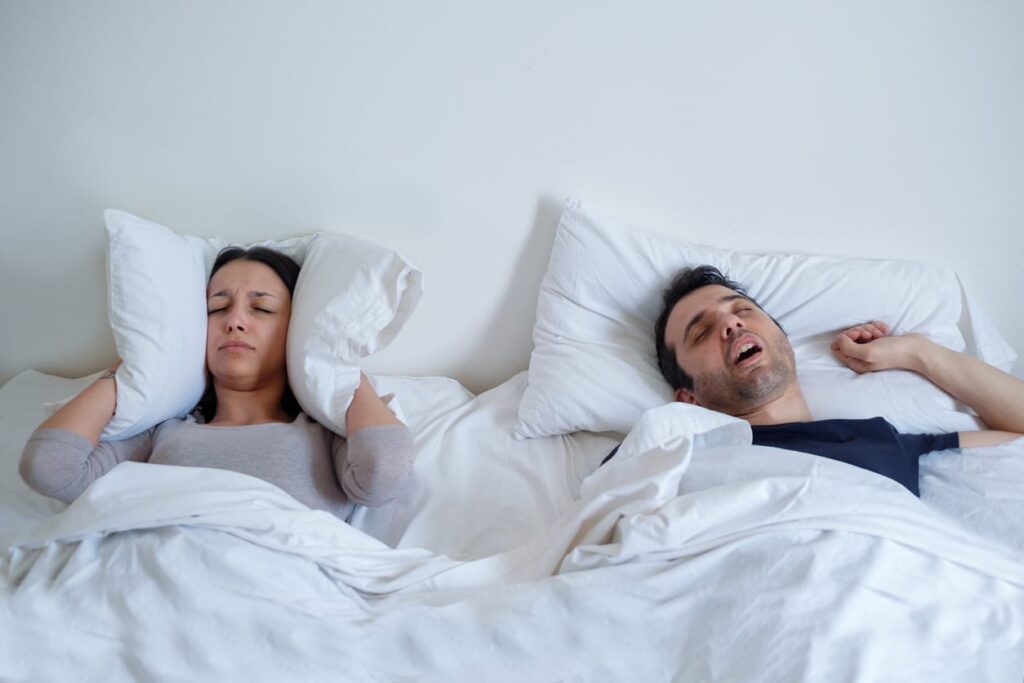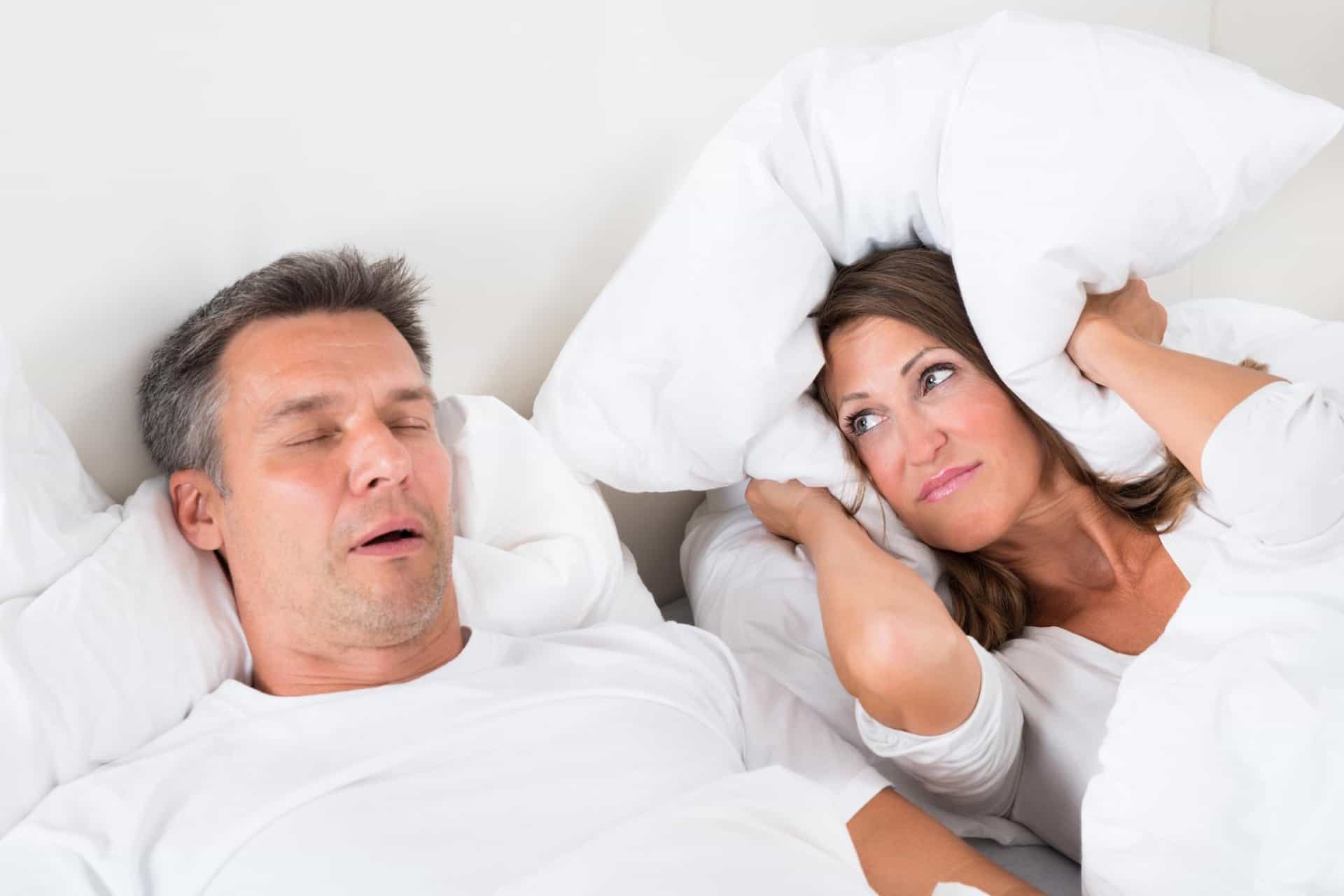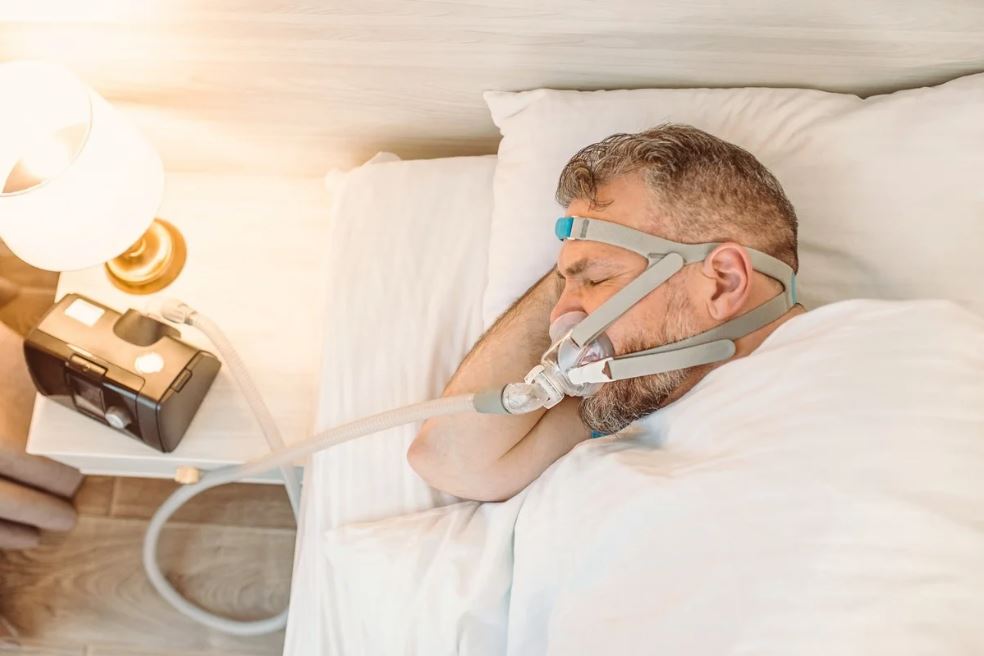Have you recently started waking up in the morning suffering from headaches? Do you often experience feelings of exhaustion even though you may have had what you considered to be a good night’s sleep? If this describes you, it’s possible that you have a condition known as sleep apnea. It’s possible that while you were sleeping, your spouse saw the warning indications that anything was wrong.
What exactly is sleep apnea?
A disorder known as sleep apnea occurs when you repeatedly go unconscious and stop breathing while you are sleeping. The amount of time that you go without breathing might range anywhere from a few minutes to a few seconds at a time. Even while it does not usually pose a danger to a person’s life, sleep apnea may have a substantial negative effect on a person’s health and wellness. Studies have shown that persons who suffer from sleep apnea are much more likely to have complications such as heart attacks and other cardiovascular problems. Considering the severity of this ailment, you are probably curious about the therapy choices that are at your disposal. For instance, you may have heard that reducing your weight helps treat or assist sleep apnea in some people. Is that the case?
See Also: Can my sleep apnea be cured?
Weight gain and obstructive sleep apnea
According to the findings of recent studies, there seems to be a strong connection between being overweight and having sleep apnea. In point of fact, if you are overweight, you may have a greater risk of experiencing a problem similar to this one. Although sleep apnea is more common in obese patients, it does not affect every single one of them. In a similar vein, not every person who has sleep apnea will also be overweight. In light of the above, if you are overweight, you really want to think about scheduling a medical checkup. This will assess whether or not losing weight would be beneficial for you. In most cases, this will include taking a measurement around the fullest part of the neck. In general, a person’s risk of developing sleep apnea is significantly increased when their neck circumference is 17 inches or higher in males and 16 inches or higher in women.

Will this eventually lead to a treatment?
If you are overweight, it is conceivable that dropping some of that extra weight will be all that is required to totally reverse the disease. On the other hand, this isn’t always going to be the case due to the fact that there are anatomical considerations involved. For instance, a person can have a receding chin, a deviated nasal septum, or big tonsils. All of these are examples of facial abnormalities. None of these problems will be fixed even if considerable amounts of weight are lost; sleep apnea is only one of the potential side effects of being overweight. Having said that, dropping a few pounds may result in a number of other positive outcomes.
It has the potential to make your joints better, lower any problems you have with high blood pressure, and provide you a considerable increase in energy. Therefore, reducing your body fat is never going to be the incorrect decision, and it most surely will not make your sleep apnea worse. It can only make things better in the long run.
Is it more challenging to maintain a healthy weight?
There have been some studies that suggest that those who suffer from sleep apnea have a harder time losing weight. This is because it slows down your metabolism, which may mean that you won’t be able to lose any weight at all in certain situations. The findings of the research do seem to go in this direction. Because of this, before you start making commitments to try to lose weight, it is crucial to make sure that you are taking actions to address your sleep apnea. Your ENT will be able to assist you with this choice and ensure that you have the greatest opportunity to see benefits from pursuing this course of action. There is a wide variety of medical approaches that may be used to treat sleep apnea.
Continuous positive airway pressure, often known as CPAP, is likely to be the most popular treatment option. In most cases, this is done with the assistance of a machine that may be positioned in close proximity to the user’s bed. Because of the strain that the illness places on your body, you could find it more challenging to make progress toward your weight loss goals. Insulin resistance, elevations in blood pressure, and glucose intolerance are all examples of this condition.
In some circumstances, an ENT may suggest that you have surgery in order to make it simpler for you to reduce your overall body fat percentage.

Alternative treatment options
It is important to be aware that there are other treatment options available for sleep apnea. For instance, you may make an investment in a gadget that not only enables you to breathe normally but also prevents your breathing from being restricted in any way. The cost of a mask like this may be pretty high since it is either electrical or operates via a pump-based mechanism.
In a similar vein, you can also think about going the surgical route. Be advised that only some people will have the opportunity to choose this path. It will be determined by the reason for your sleep apnea as well as your particular circumstance. Your ENT will be able to advise you on whether or not this course of action is the best one for you.
The severity of your sleep apnea, the presence or absence of symptoms like daytime tiredness, and any other existing health concerns will determine whether or not you need treatment for the disease. Even if you just have minor sleep apnea, your doctor may decide to treat you for it if you have risk factors for cardiovascular disease, for instance. On the other hand, if you have a serious case of sleep apnea, your physician may urge that you get treatment even if you do not feel tired at all.
The continuous positive airway pressure machine, more often referred to as a CPAP, is the treatment option that is most commonly recommended. While you sleep, a Continuous Positive Airway Pressure (CPAP) machine will deliver moist air via your nose in order to generate air pressure that will keep your neck open. Because of this, there are no pauses in the breathing.
“Continuous positive airway pressure (CPAP) is the therapy of first resort, and it’s quite successful,” explains Jun. In a new study conducted at Johns Hopkins, researchers investigated what happens to people with sleep apnea who do not use their CPAP and saw what they found. According to the findings of the research, the resultant apnea produced an increase in blood sugar levels, as well as an increase in heart rate, blood pressure, and stress hormones. This is a reaction that is comparable to what may occur if you were required to speak in front of a large audience. According to Jun, “It’s pretty much the same as that kind of a stress reaction.” “I would compare sleep apnea to something that happens on a nightly basis like that,” the author writes.







